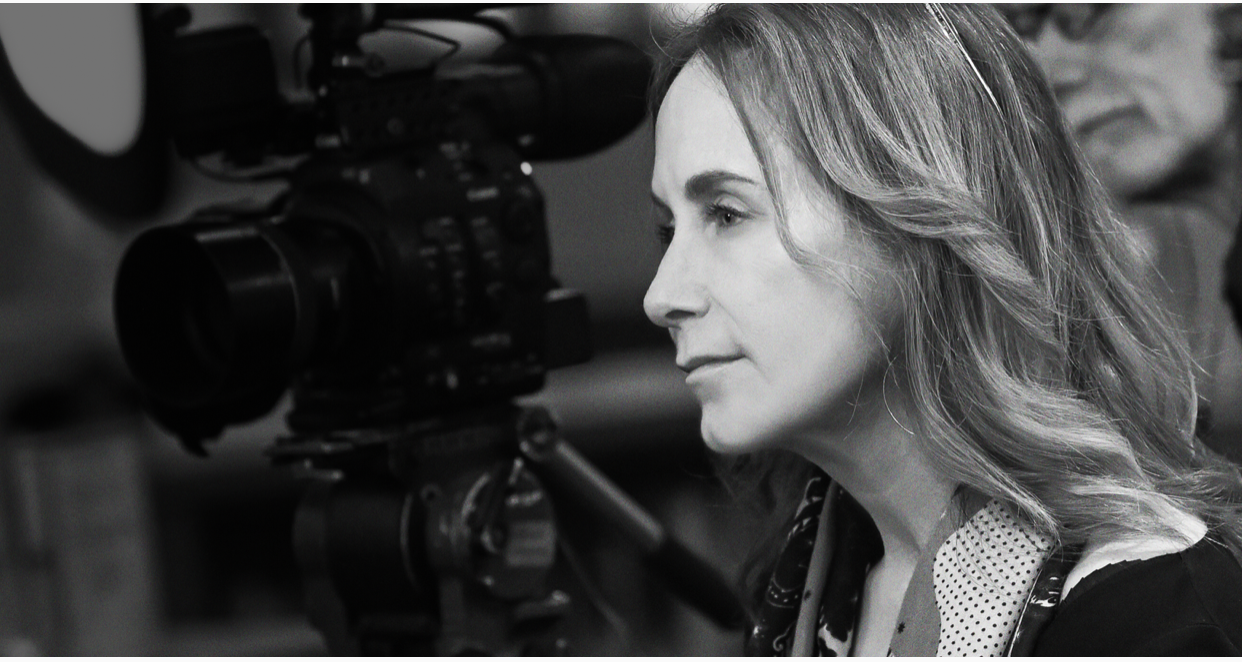Director’s Statement

As production began, however, I learned that a film about the way math is taught—and how we learn it—ends up being a film about so much more than classrooms. It’s about who is encouraged and supported on the journey to math literacy, and who drops out of the math pipeline. It’s about why some of us learn early to distance ourselves from math fields, unwittingly closing off doors of opportunity to hundreds of exciting careers in science, engineering, technology, medicine, and media. It’s about how math forms the scaffolding that supports our institutions. It’s about math’s critical role in (literally) holding up our infrastructure and cities, and about its impact on our electoral process, news ecosystem, dating sites, social media feeds, housing market, and prisons.
Ultimately it’s a film that poses a question fundamental to democracy: if we can’t understand a system that governs us, how much power do we actually have?
In my quest to understand math’s critical role in our lives, I uncovered a movement of scholars, activists, and educators who also see math as more than an academic subject. For them, math is a tool for understanding and harnessing the beauty, wonder, and possibility of the world we live in. And our lack of access to that tool is, in their view, the critical civil rights issue of our time.
In making the film, I was honored to meet the civil rights hero Bob Moses, one of the greatest inspirations in the ongoing fight to make education equitable. The film includes some of the last interviews of his life as he invites us inside the work of his groundbreaking Algebra Project. Moses advocated for shifting the power dynamics of learning, just as he’d done during his voter-registration work in the ‘60s. The results of his work have been transformative, and our film is dedicated to him.
In making Counted Out, I learned that we have a math crisis in America, but that it’s a crisis whose solution is at our fingertips. As we capture the knowledge, organizing, and wherewithal of those who are advocating for widespread math literacy, we can unleash something else: the power of all of us to shape the world we’re living in.
